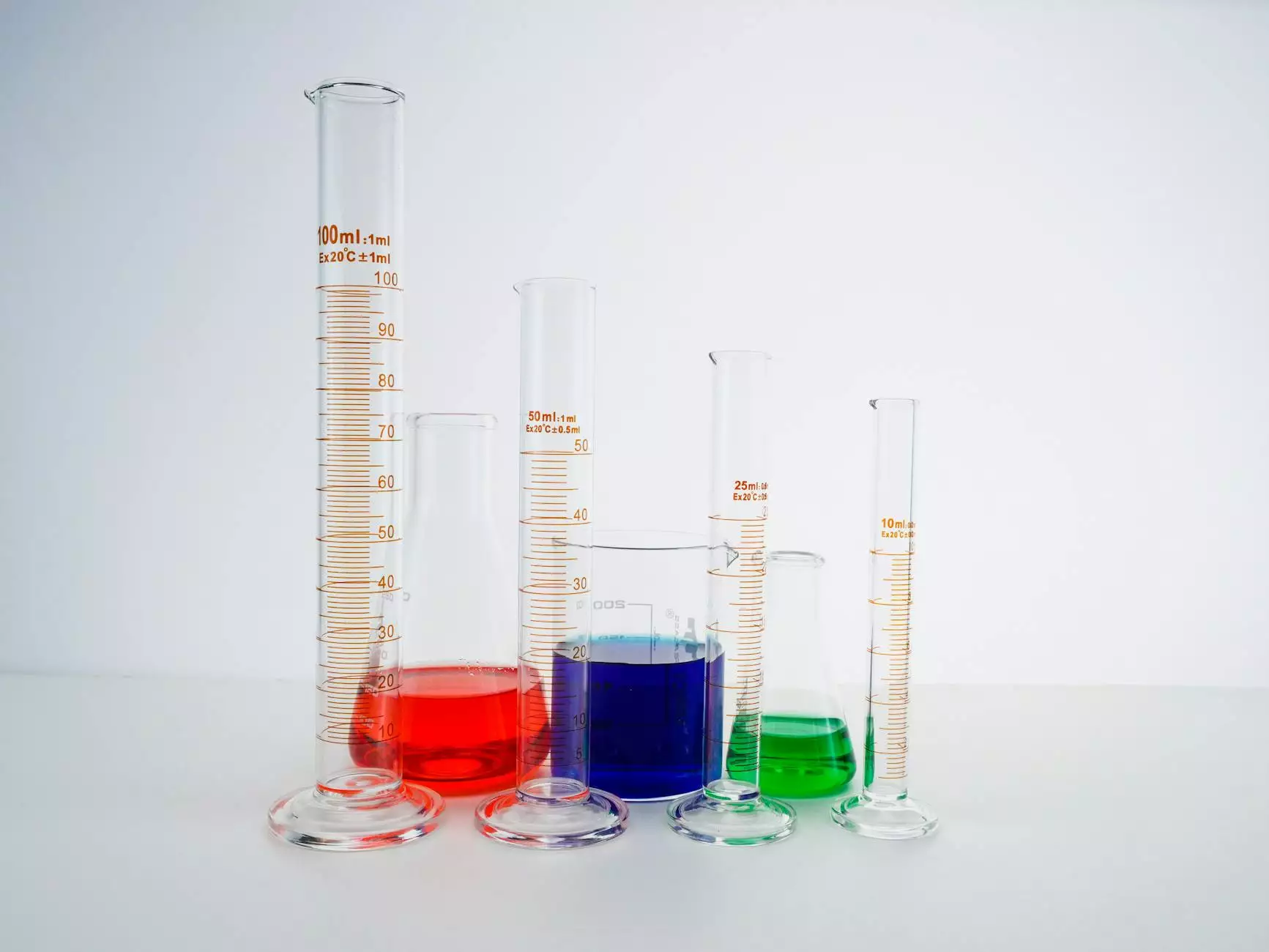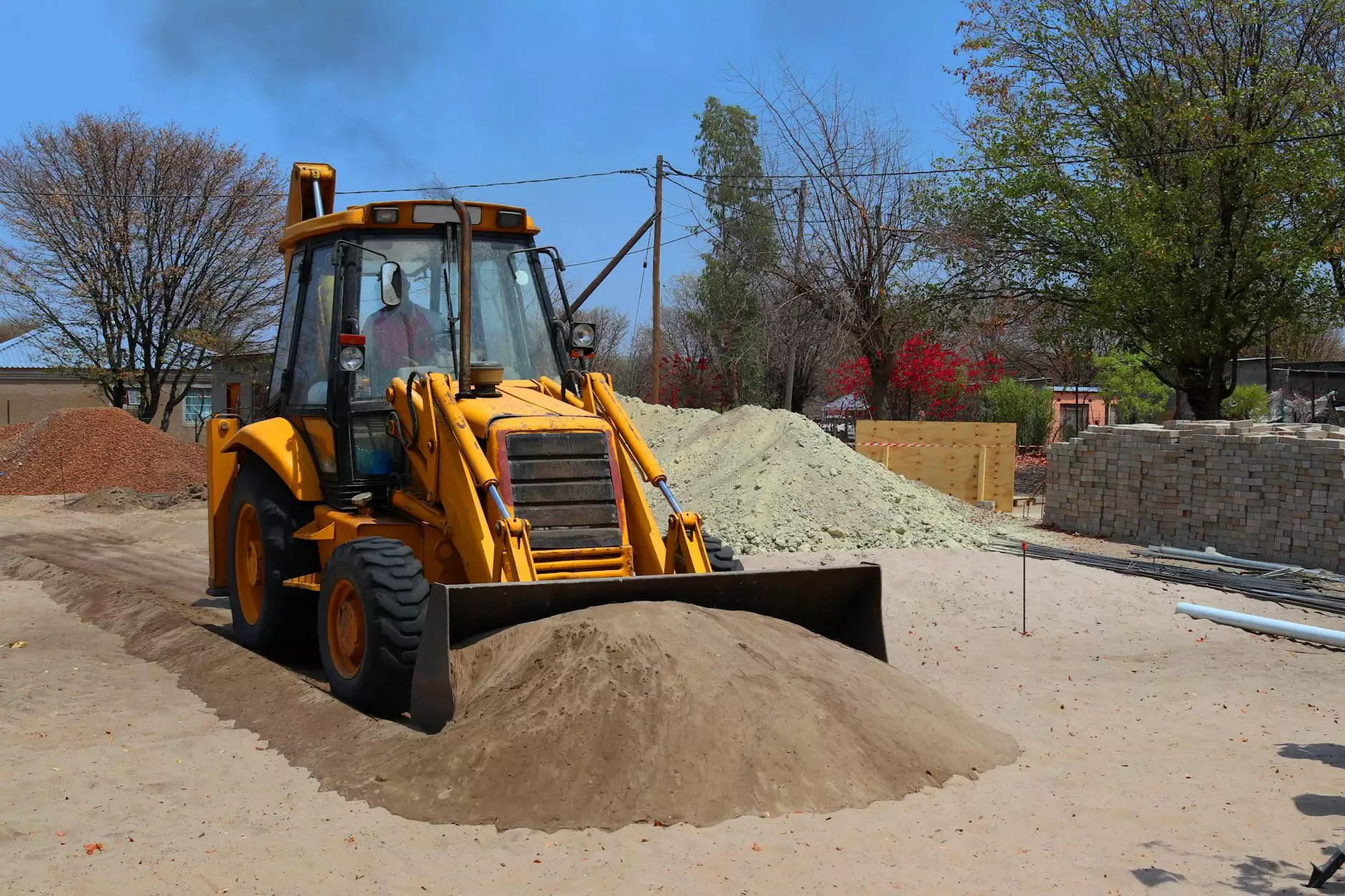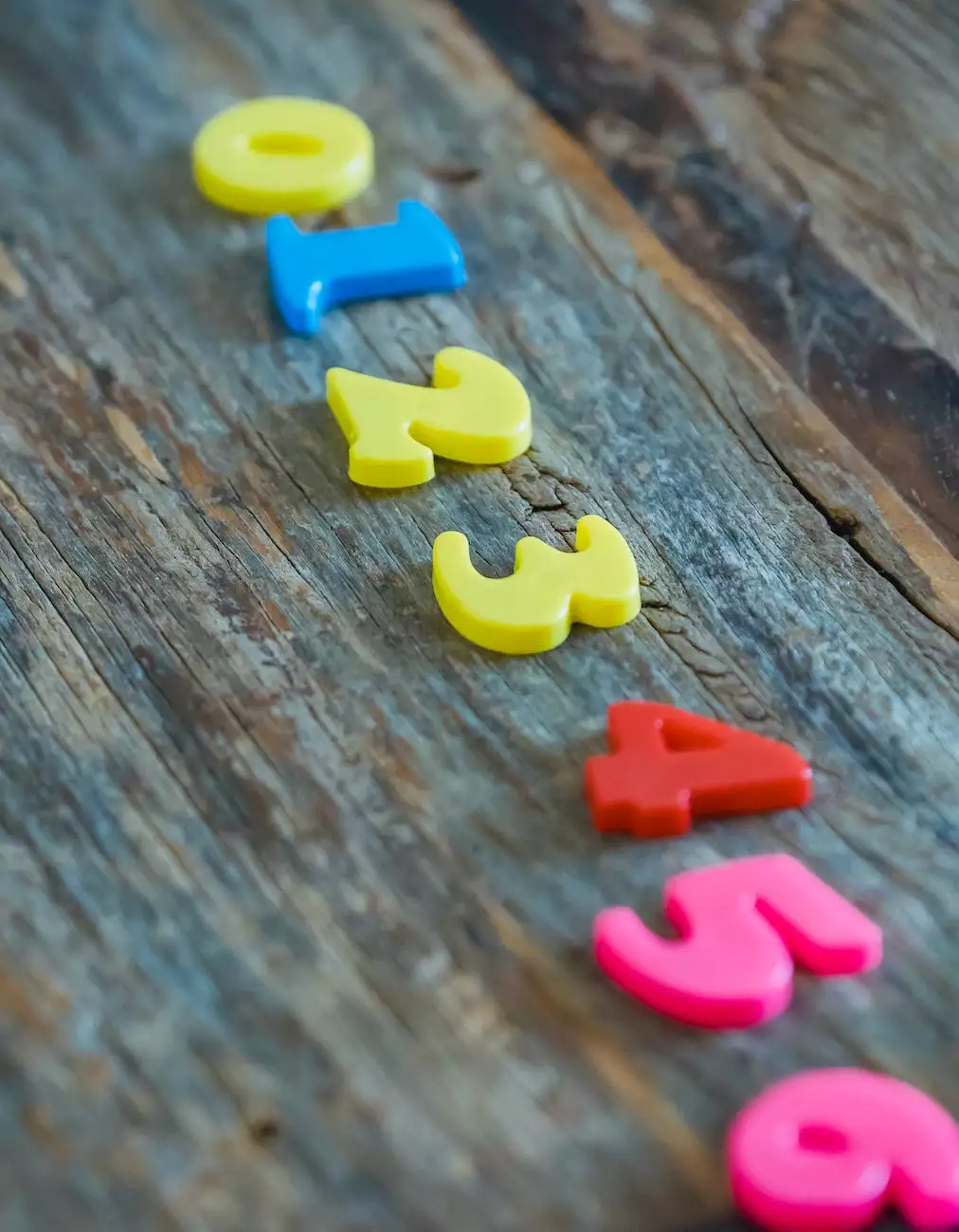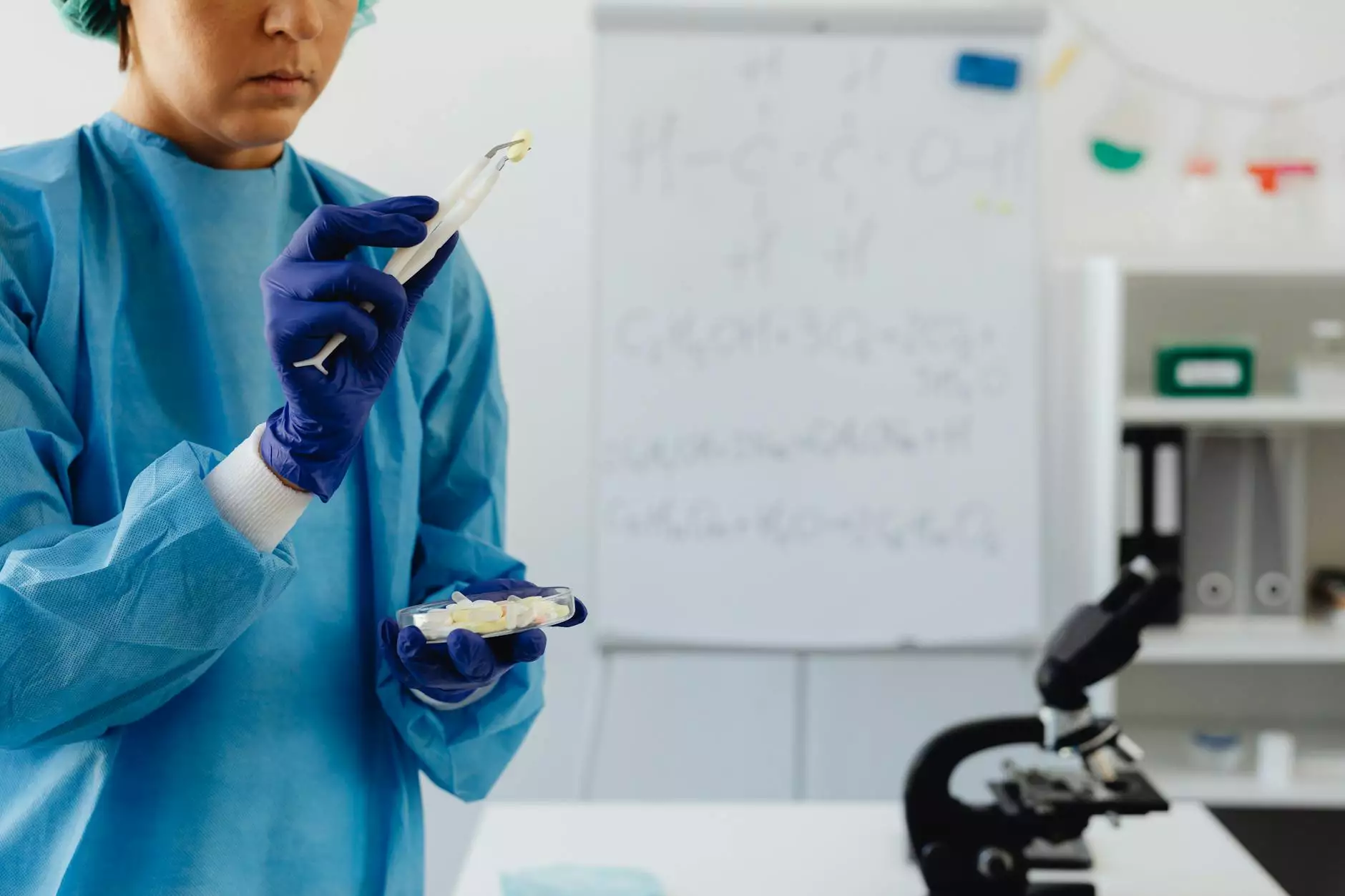Graduated Cylinders

In the world of science, precision and accuracy are key factors in obtaining reliable results. One essential tool that aids in the measurement of liquids is the graduated cylinder. At The Knowledge Nest, we believe in providing comprehensive information and resources to enrich your understanding of science. In this article, we will delve into the fascinating world of graduated cylinders, exploring their importance, types, sizes, and applications.
Importance of Graduated Cylinders
Graduated cylinders are specifically designed to provide accurate measurements of liquid volume. Unlike other containers, such as beakers or flasks, graduated cylinders offer precise graduations along their length, allowing for better precision in measuring small or large volumes. This level of accuracy is particularly crucial in scientific experiments, where even slight variations can impact the validity of the results.
Types and Sizes of Graduated Cylinders
Graduated cylinders come in various types and sizes to cater to different measurement requirements. The most common types include glass and plastic graduated cylinders. Glass cylinders are preferred when working with volatile or corrosive substances, as they offer better chemical resistance. Plastic cylinders, on the other hand, are more lightweight and resistant to breakage, making them suitable for general laboratory use.
Sizes of graduated cylinders range from small to large, each serving a specific purpose. Smaller cylinders, such as the 10 mL or 25 mL ones, are ideal for measuring precise and small volumes, while larger ones, such as the 500 mL or 1000 mL cylinders, are better suited for measuring larger volumes. Choosing the right size depends on the nature of the experiment and the desired level of accuracy.
Applications of Graduated Cylinders
Graduated cylinders are extensively used in various scientific fields, including chemistry, biology, physics, and environmental science. The applications are diverse, as these reliable tools play a crucial role in measuring and mixing liquids accurately. Some common applications include:
- Chemical Experiments: Graduated cylinders are indispensable in accurately measuring precise quantities of reagents or chemical solutions during experiments. They ensure that the correct ratio and volume are used, guaranteeing reliable and replicable results.
- Medical and Pharmaceutical: In the medical and pharmaceutical industries, graduated cylinders are utilized for measuring liquid medications, preparing solutions, and creating accurate drug dosages. The volume markings allow healthcare professionals to administer the correct amount of medication to patients.
- Education and Research: Graduated cylinders play a crucial role in teaching and research activities. Students can practice their measuring skills using graduated cylinders, while researchers can rely on their accuracy to conduct experiments and analyze data.
- Environmental Analysis: Ecologists and environmental scientists often use graduated cylinders to measure and analyze water samples, helping assess pollution levels, monitor ecosystem health, and conduct research on aquatic organisms.
Proper Usage and Care
To ensure accurate measurements and maintain the longevity of your graduated cylinders, proper usage and care are essential. Here are some tips:
- Clear and Dry: Before use, ensure that the inside of the graduated cylinder is clean and dry. Any residual liquid can impact the accuracy of subsequent measurements.
- Eye Level Readings: To obtain precise readings, always read the volume at eye level. Parallax errors can lead to inaccuracies.
- Avoid Overpouring: Never fill a graduated cylinder beyond its marked capacity. Overpouring can affect measurement accuracy and cause spills or accidents.
- Proper Cleaning: Regularly clean your graduated cylinders with a mild detergent and rinse thoroughly. Avoid using abrasive materials to prevent damage to the measurement markings.
Conclusion
Graduated cylinders are indispensable tools in the field of science, allowing for precise and accurate measurements of liquid volume. Understanding their importance, types, sizes, and applications is crucial for anyone involved in scientific endeavors. At The Knowledge Nest, we strive to provide you with comprehensive knowledge and resources to facilitate your learning journey. We invite you to explore our wide range of educational content and discover more about the fascinating world of science.










